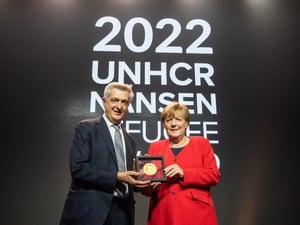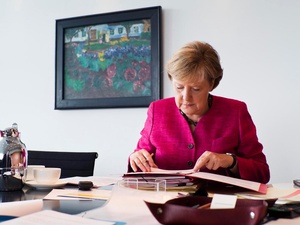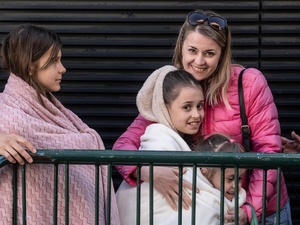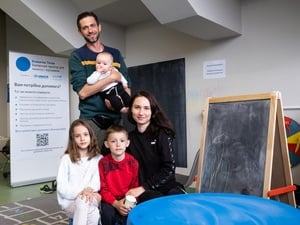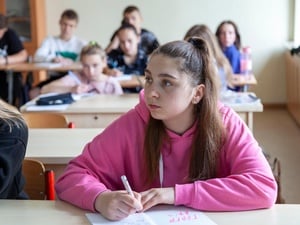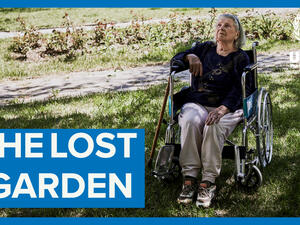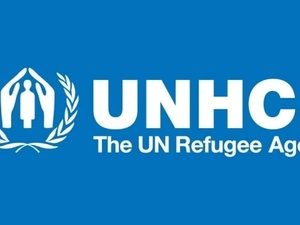Grandi concerned at reports of Balkan border closures
Grandi concerned at reports of Balkan border closures
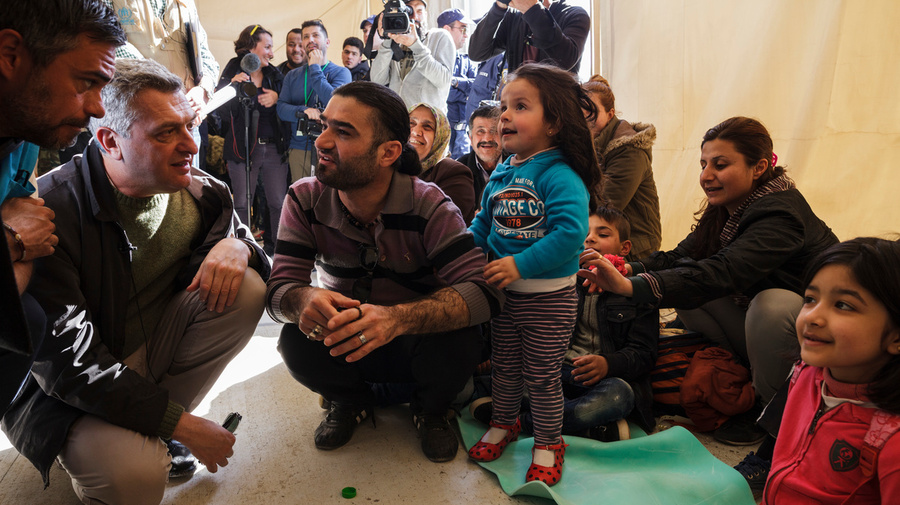
UN High Commissioner for Refugees Filippo Grandi visits Lesvos in the framework of his first official visit to Greece.
LESVOS, Greece, Feb 24 - Europe is backing into an even greater refugee crisis by tightening border restrictions on the hundreds of thousands who have fled war and conflict in Syria, Afghanistan, Iraq and other countries.
That was the message of UN High Commissioner for Refugees, Filippo Grandi on his first official visit to the island of Lesvos on Tuesday (February 23).
"I am very worried about the news we are getting about the increasing closures of the European borders along the Balkans route," Grandi said. "Because that will create further chaos and confusion and it will increase the burden on Greece which is already shouldering a big responsibility managing these people.
"We are worried that these closings are happening and that there are no corresponding openings through relocation and resettlement."
Grandi, who took over as the head of UNHCR, the UN Refugee Agency, on January 1, visited the port and the registration centres for refugees and migrants on a day that at least 1,800 of people made the dangerous crossing by rubber dinghy from Turkey.
He said he was impressed by the dedication and effectiveness of the Greek coast guard in rescuing refugees. He also said he was pleased by the progress in processing the flow of refugees and migrants coming to Lesvos.
But he emphasized the need to further promote the option of relocation. He noted that while a system for distribution was in place, far too few places - 1,200 - are being offered by EU countries and too few refugees are agreeing to take part in the scheme. The scheme would significantly reduce the numbers moving to Austria, Germany and Sweden and ease the pressure on Greece.
Last year more than 500,000 refugees first touched European soil on Lesvos. And so far this year more than 50,000 more have come to the island. Grandi noted that "Europe has not shown much solidarity, but here we see the best face of Europe" with the significant efforts made by the local community, local authorities, volunteers and NGO partners.
He also denounced what he called "the tendency to classify people along the route by nationality. Some are OK and can go through," like Syrians and Iraqis while others are blocked like Afghans, Somalis and Palestinians.
Grandi spelled out ambitions for a UNHCR conference to be held on March 30 to promote legal avenues for Syrian refugees to reduce their dependence on criminal smuggler networks and regularize the flow. He said both Europe and the world must commit to taking many more Syrians, to relieve the burden on the principal refugee-hosting countries - Turkey, Lebanon and Jordan.
"But we're not going to tell them, take a few hundreds or a few thousands as is the case now. We're going to tell them to take hundreds of thousands. In fact our hope would be 10 per cent of the whole Syrian refugee population, this is almost half a million people."
Grandi heard the stories of several refugees at the port and in the reception centre. Hallal said he fled his bombed home in Hamaa a year and a half ago and spent 18 months working, with his wife and his 11-year-old son, picking cotton to find $4,000 to make the dangerous crossing to Lesvos.
Hallal's goal is to provide security and an education for his seven children, even at the price of abandoning their country.
"This is their fate," he said. "I hope, God willing, the war will end in Syria, and we can return. My country is good, my country is precious to me. But because of my children, I was scared and I had to leave my country."
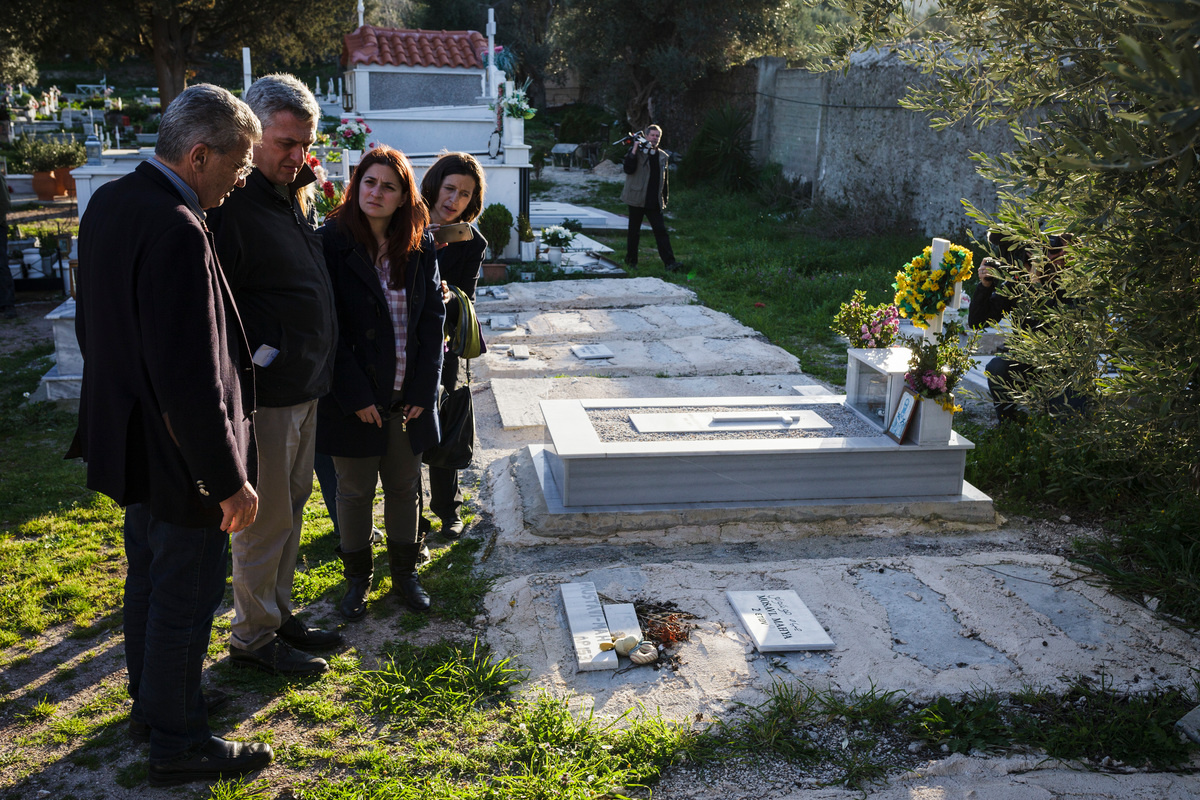
UN High Commissioner for Refugees Filippo Grandi visits the Agios Panteleimonas cemetery in Mytilene to pay his respects to refugees and migrants who lost their lives trying to cross the Aegean sea from Turkey to Greece.
In late afternoon the High Commissioner paid homage to refugees who never left Lesvos. Grandi climbed to the top of St. Pantelaimonas cemetery where more than 150 are buried.
Most drowned, many were children, their short lives marked by soft toys and simple words - 'unknown little one'. A quiet hour in a quiet corner bears testimony to the tragedy that exile can bring.
Don Murray, Lesvos, Greece


